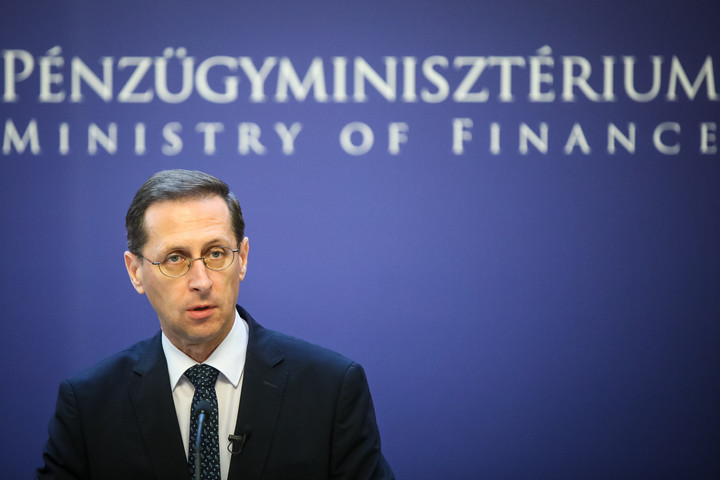Hungary’s 2024 budget will see increased defense spending, widespread support for paying energy bills, and an emphasis on protecting families from economic hardship, according to the country’s finance minister.
“In times of war, we have tried to plan a (2024) budget that guarantees the results achieved so far, first and foremost the security of the country and protecting families, pensions, jobs and lower utility prices,” Hungarian Finance Minister Mihály Varga said on national radio station Kossuth Radio’s Sunday morning.
He pointed out that planning had never been so difficult because they had to anticipate both the escalation of the war and a possible peace agreement. He indicated that the focus of next year’s budget would be on strengthening the defense of the region and national defense.
[pp id=43818]
Commenting on the budget reserves, the minister said that the country has funds that also act as a reserve and help to achieve security policy objectives. As an example, he mentioned the energy protection fund, which helps families, municipal and state bodies, and companies pay their energy bills; this fund now stands at HUF 1.36 trillion(€3.67 billion). Varga said it is expected that this fund will not be fully exhausted because if energy prices remain at the current level, the country could actually save money.
Varga also spoke about the defense fund, which will have a budget of HUF 1.31 trillion in 2024; this will increase the physical security of Hungary and provide resources for defense development. He added that while the country is fulfilling its commitments to NATO, the fund will also ensure significant developments.
The finance minister said that the windfall taxes brought in during the summer of 2022 will be phased out from 2024, with a promise to halve the tax burden on the banking sector, pharmaceutical companies and the energy sector.
[pp id=8974]
He noted that tax policy measures have been the foundation of economic policy successes over the past 10 years, so taxes on income and labor will remain low and tax revenue for community spending will be collected from sales-type taxes.
Varga said that no new taxes would be introduced, existing taxes would remain, but windfall taxes would be reduced. The finance minister also said the exemption from income tax for mothers under 30 and mothers of four and the exemption for young people under 25 would be maintained.
The minister said that next year would see a return to “fiscal normality,” with disciplined fiscal management reducing the budget deficit to 2.9 percent of GDP and a debt level of 66.7 percent of GDP by the end of next year, the latter being 10 percentage points better than the EU average. He pointed out that the fight against inflation could bring inflation down to single digits by the end of the year and to an annual average of around 6 percent next year.





